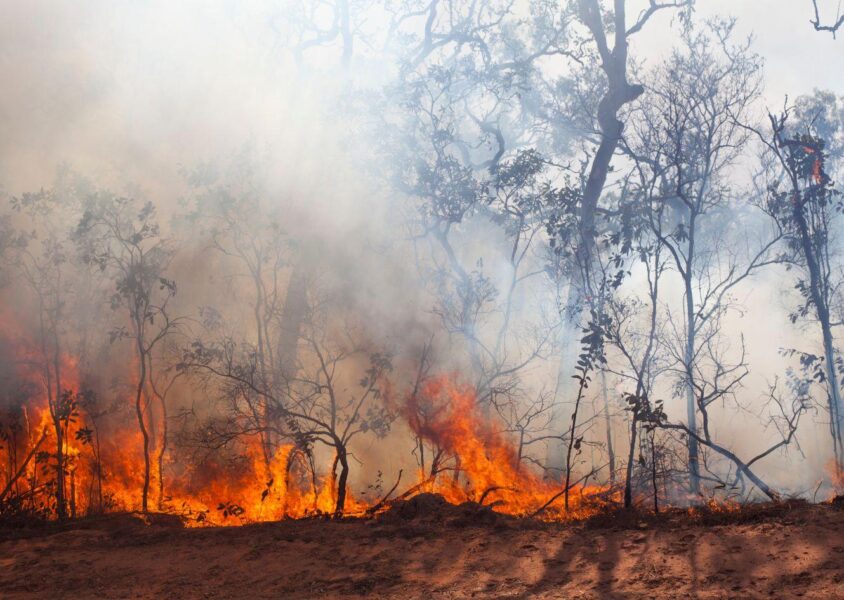Climate Change: What Are The Consequences of Inaction

If we fail to reverse climate change and global warming, the consequences could be catastrophic. The impacts of climate change are already being felt around the world, and are expected to worsen if greenhouse gas emissions are not significantly reduced.
Some of the potential consequences of failing to reverse climate change include:
More frequent and severe extreme weather events: Higher temperatures and sea levels caused by global warming are expected to lead to more frequent and severe heatwaves, droughts, storms, and other extreme weather events. These events can have a range of negative impacts on human health, agriculture, and infrastructure.
Rising sea levels: Global warming is causing sea levels to rise, which can lead to coastal flooding and erosion, as well as the inundation of low-lying areas. This can displace communities and lead to the loss of valuable ecosystems and habitats.
Negative impacts on wildlife and ecosystems: Climate change is already having negative impacts on many species and ecosystems around the world. As temperatures continue to rise, it is expected that these impacts will become more severe, potentially leading to the extinction of some species.
Negative impacts on human health: Higher temperatures and more frequent extreme weather events caused by climate change can have negative impacts on human health, including heat-related illnesses, respiratory problems, and the spread of infectious diseases.
Failing to reverse climate change and global warming could have far-reaching and potentially catastrophic consequences for people, wildlife, and the planet. It is important to take urgent action to reduce greenhouse gas emissions and mitigate the impacts of climate change.
It is difficult to predict exactly how much time we have left to address climate change and global warming, as the rate at which these issues are developing and the impacts they will have on the planet depend on a variety of complex and interconnected factors.
However, it is clear that we are already experiencing the consequences of climate change, and that these impacts are expected to worsen if greenhouse gas emissions are not significantly reduced. The Intergovernmental Panel on Climate Change (IPCC), the United Nations’ leading body on climate science, has warned that the window of opportunity to address climate change is closing rapidly, and that urgent and drastic action is needed to limit global warming to 1.5 degrees Celsius above pre-industrial levels.
It is important to take action now to address climate change and global warming, as the longer we delay, the more difficult and costly it will be to mitigate the impacts.